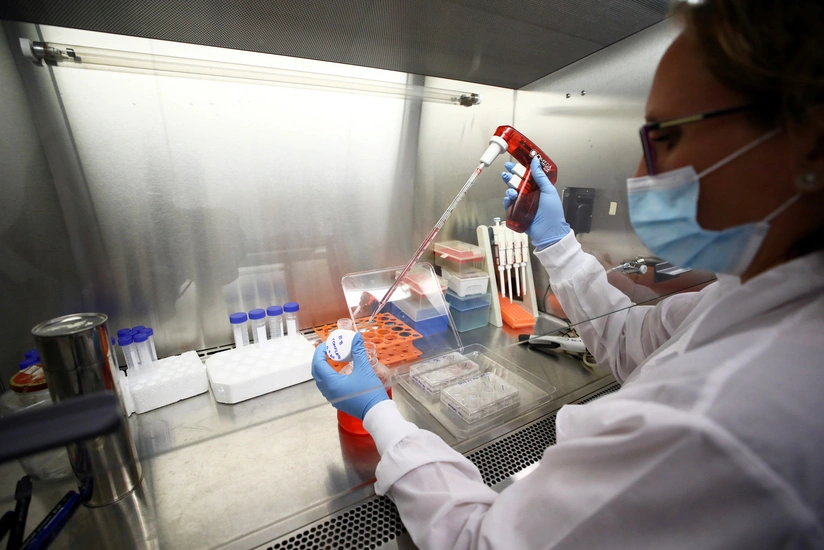Scientists say COVID can multiply in salivary gland cells
- 09 July, 2021
- 05:10

The SARS-CoV-2 can multiply in salivary gland cells, according to a group of pathologists, dentists, and otolaryngologists from the University of Sao Paulo, Faculty of Medicine in Brazil, Report informs referring to WION (World is One News).
Researchers at the University of Sao Paulo analyzed samples from three types of salivary glands obtained during a minimally invasive autopsy procedure performed on 24 patients who died from complications of Covid-19 and discovered that SARS-CoV-2 infects and replicates in the salivary glands.
The discovery, reported in an article published in the Journal of Pathology, helps explain why the virus is so abundant in saliva and has enabled scientists to develop saliva-based diagnostic tests for Covid-19.
"This is the first report of a respiratory virus's capacity to infect and replicate in salivary glands. Until now, it was thought that only viruses that cause highly prevalent diseases such as herpes used salivary glands as reservoirs. The discovery may help explain why SARS-CoV-2 is so infectious," Bruno Fernandes Matuck, a doctoral candidate at USP's Dental School.
They hypothesized that because SARS-CoV-2 is exceptionally infectious relative to other respiratory viruses, it may multiply in salivary gland cells and hence be present in saliva without coming into touch with nose and lung secretions.
